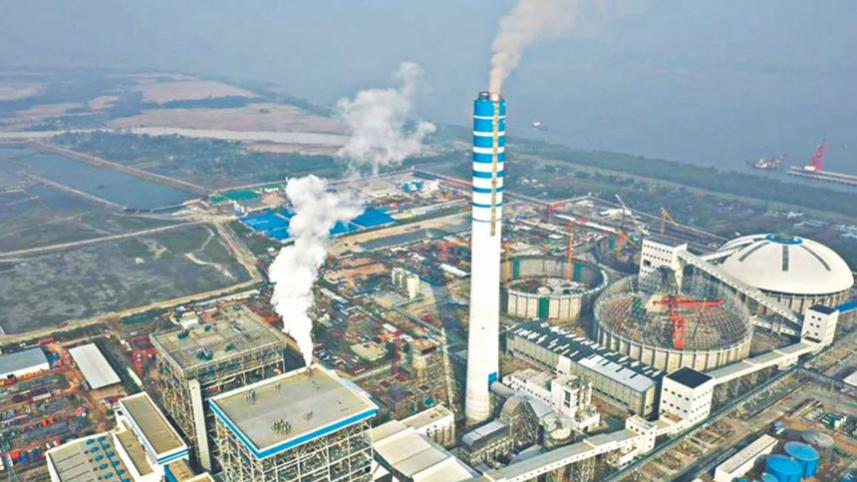Why the mixed messages on fossil fuels?

At COP26, we were proud to see Bangladesh stand up for the worst climate-affected countries and hold the world's polluters to account. However, despite being a voice of reason at COP26, we are extremely disappointed to now find that the Bangladesh government is failing to match its actions to its words: the eight planned coal-based power plants in Moheshkhali of Cox's Bazar are still set to continue, despite their potential adverse impacts in and around the coastal belt.
Research from the Centre for Research on Energy and Clean Air (CREA) suggests that this project, one of the largest coal-fired power plant clusters within 10 square kilometres anywhere in the world, will release 1,600kg of mercury and 6,000 tonnes of fly ash every year. Five wildlife sanctuaries and six forests are likely to face serious consequences as a result, and over seven million people could be exposed to excessive mercury and sulphur dioxide pollution. Marine fish stock will be affected, and thousands are projected to develop fatal health conditions related to toxic substance emission.
To what end is such a harmful project being taken forward, and were these severe consequences taken into account when it was launched? In a country that is so vulnerable to the impacts of climate change, what reason could there possibly be of endangering our wildlife and polluting our environment in this way, especially when they are already bearing the brunt of existing development projects, deforestation and land-grabbing?
It is extremely frustrating that Phase-1 of the Matarbari Power Plant is already half completed, even though the government's own officials have admitted that its Environmental Impact Assessment (EIA) is faulty and lacks clarity on the plant's environmental impacts. The callousness of the Japan International Cooperation Agency (Jica) in conducting this erroneous EIA and continuing to stand by it, even though it fails to take into account mercury pollution and PM 2.5 to be emitted from the plant, cannot be overlooked. It is all the more troubling that, despite Japan's promise at the June G7 summit to end overseas financing of coal projects this year, it is continuing to finance this misguided project—over 80 percent of the funds to construct the Matarbari Power Plant is being provided by Japan.
At COP26, Bangladesh announced that it had cancelled 10 coal-based power plants to supplement its efforts against the adverse impacts of climate change, yet a report in this daily quoted the state minister for power, energy and mineral Resources as saying that the government is not concerned about criticisms over coal-based power plants. We urge the government to stop giving out such mixed messages and fully commit to phasing out coal and exploring green energy options instead. We also hope that global leaders will stick to their promises, and will hold to account the countries that are continuing to endanger other parts of the world by funding coal projects.



 For all latest news, follow The Daily Star's Google News channel.
For all latest news, follow The Daily Star's Google News channel.
Comments